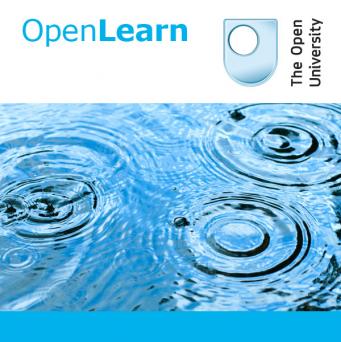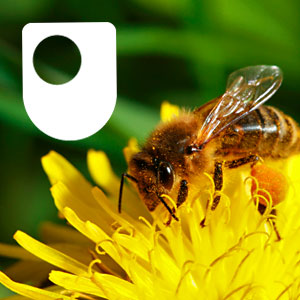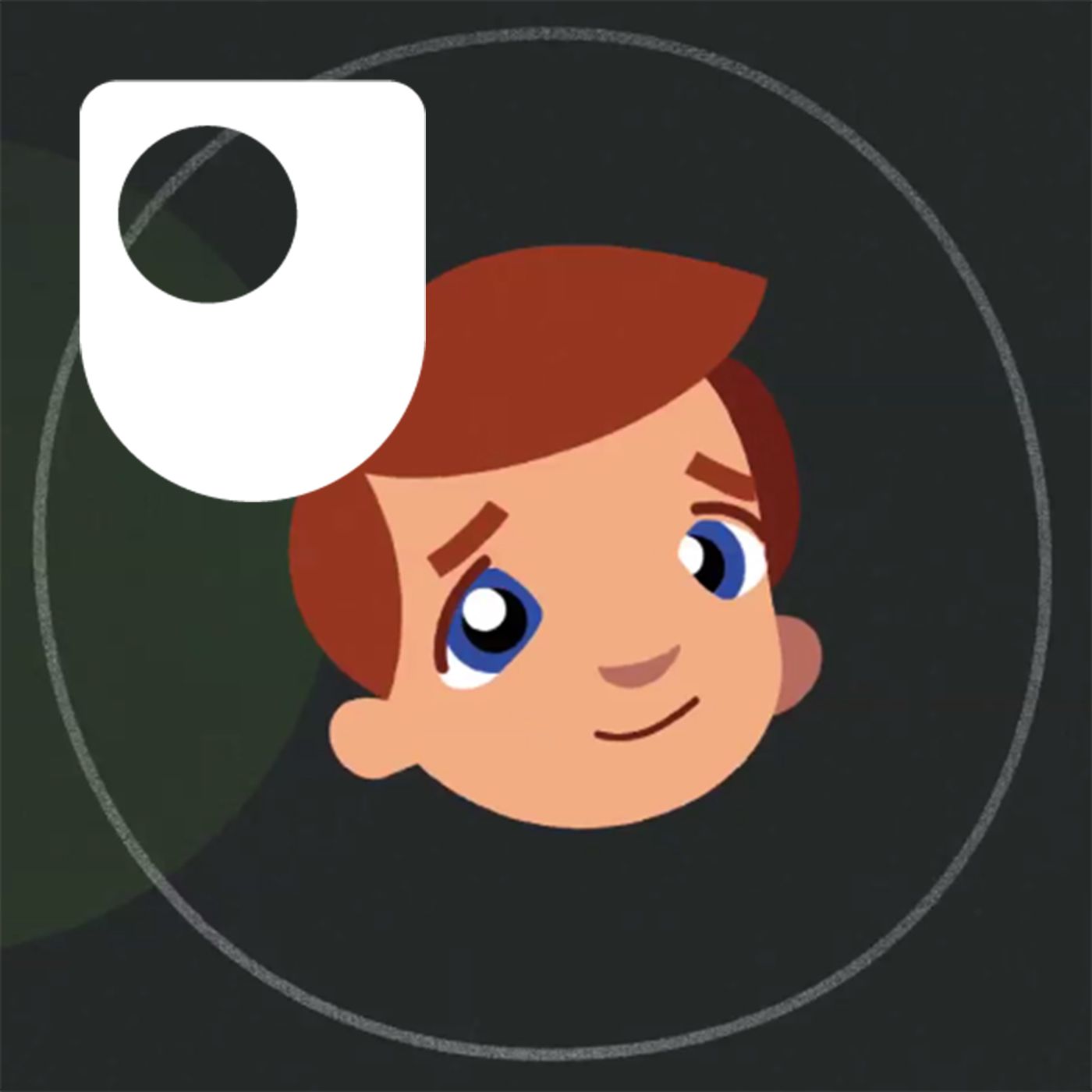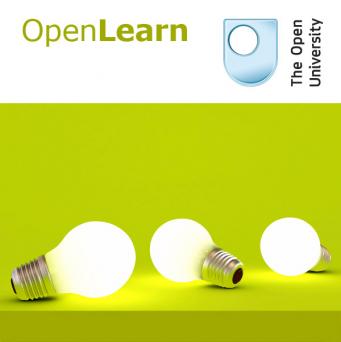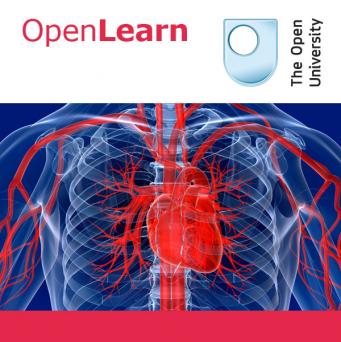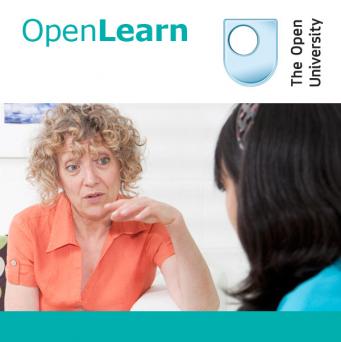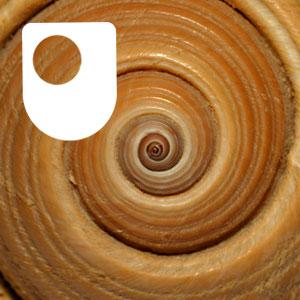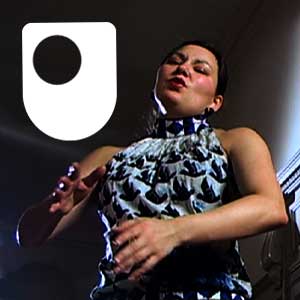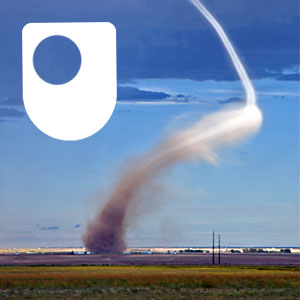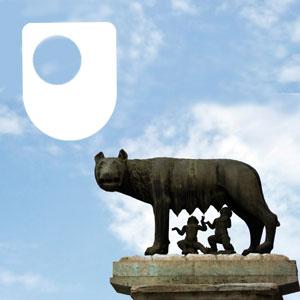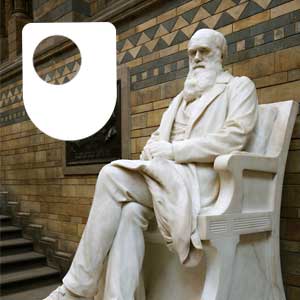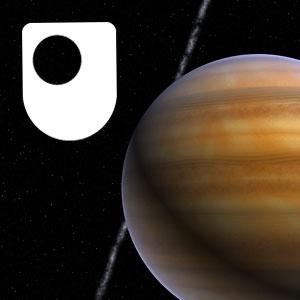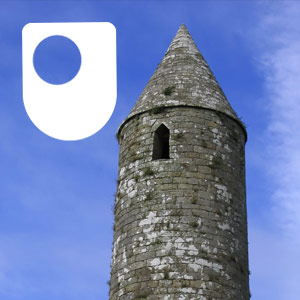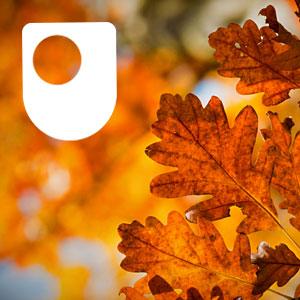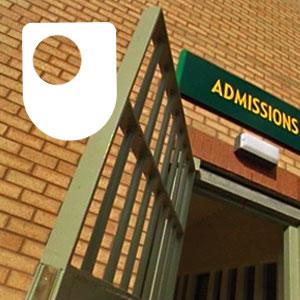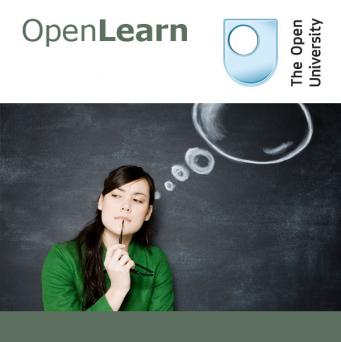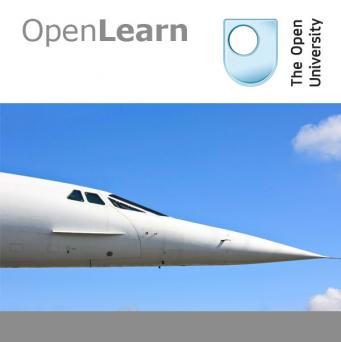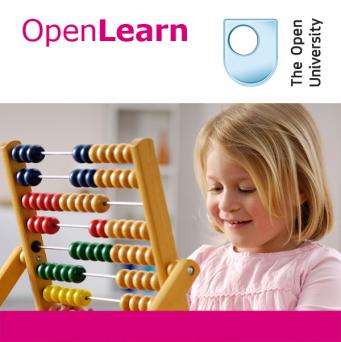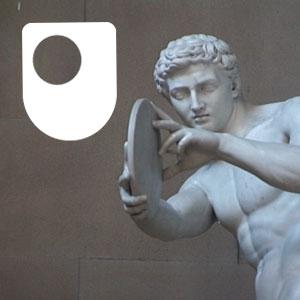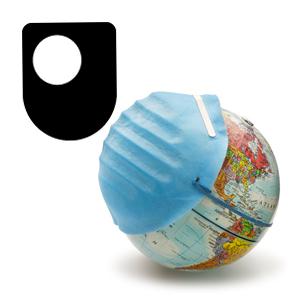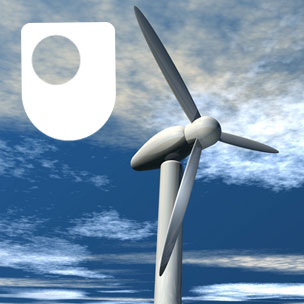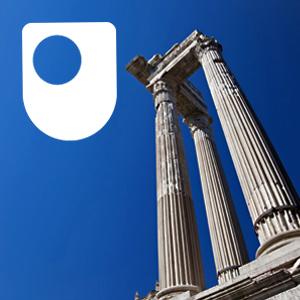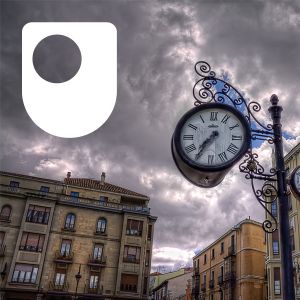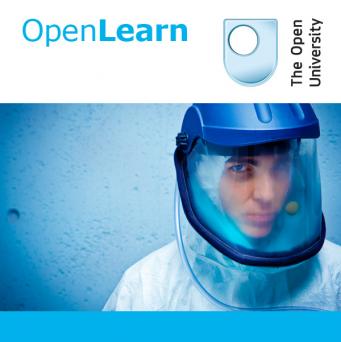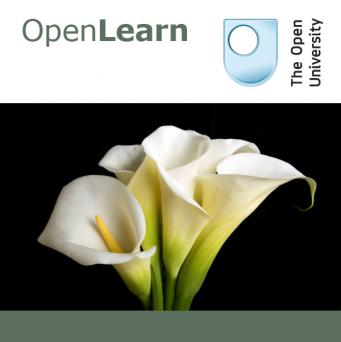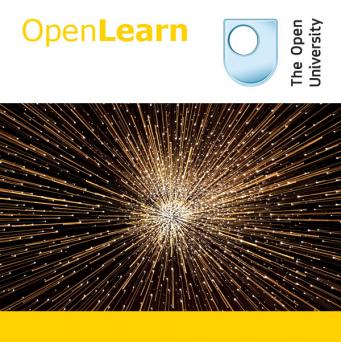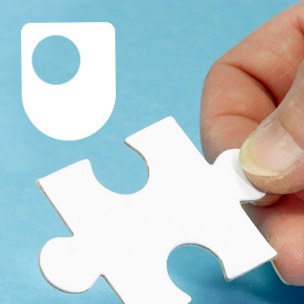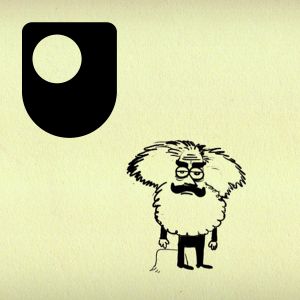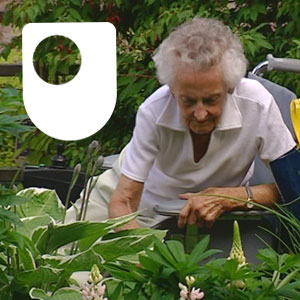The Open University
Water is arguably the most important physical resource as it is the one that is essential to human survival. Understanding the global water cycle and how we use water is essential to planning a sustainable source of water for the future. This study unit is just one of many that can be found on...
What are ecosystems, and what do different ecosystems have in common? How are they affected by human activity? From the diverse rainforests of the tropics to the smallest microbial communities, ecosystems support life on Earth. This album reveals the ecological relationships that create these...
When it comes to technology are you an optimist or a pessimist? Are social media changing the way that children form relationships? How is technology changing the way that children think, and how will it shape the classroom of the future? The amount of technology available to children today is...
What are the Social Sciences? One definition is that they are specialised systematic forms of knowledge, which leads the question: What is knowledge? Through discussions with powerful and responsible social scientists, the tracks on this album focus on the history of social science, how they are...
This unit is for designers, engineers, technologists and anyone interested in designing and inventing. It is also for managers and consumers interested in innovation and technical change. The unit will show you how design and innovation can create a more sustainable future. It will also help you...
Your heart beats around 100,000 times every day and, in that time, pumps about 23,000 litres of blood around your body. But what happens when it doesn’t work as well as it should? This unit explains what happens in cardiovascular disease, when the heart’s performance is affected, how the normal...
What does it take to become a critical practitioner in social work? This unit will guide you through some important concepts. An understanding of ‘critical perspectives’ will help you take a positive and constructive approach to problems that arise in social work practice. This study unit is just...
Want to improve your professionalism and effectiveness in the workplace? This album explains how to develop reflective skills and improve leadership techniques. With an emphasis on interpersonal communication, teaching methods and customer care, it’s relevant to those instructing, coaching or...
What does mathematics have to do with nature or art? The video tracks in this album trace the origin of the mathematics of chaos and describe how the chance discovery of fractals became the basis for some real - and revolutionary - commercial applications such as the fax and the modem. A closer...
Would you consider a dilapidated seventies tower block as heritage? In England, some social housing developments have already been given listed status, a level of protection usually associated with castles, monasteries and stately homes. Others are considered as a failed experiment by an outmoded...
The beliefs and traditions that revolve around the meaning of death play an important role in every culture, but how do these ideas vary and what are the implications for those in a society that is forced to confront questions of mortality?
The 11th Death, Dying and Disposal conference, held at...
In many cultures, song is perhaps one of the most important traditions. What is extraordinary about the Inuit musical tradition is the way they create their songs - with notes originating from their throats. The song isn't interrupted even when a breath has to be taken. The 6 tracks in this...
What does it mean to be poor, or an immigrant? What form should Aid take? This album begins to explore the complex issues of international development in a globalised world, starting with a look at schemes which attempt to alleviate poverty. Small business owners are empowered by micro-financing...
Have you ever wondered what causes cyclones, and why it's always calm in the centre of the storm? Well, vector calculus holds the key. The tracks on this album introduce you to the scalar and vector fields of gradient, divergence and curl. This material makes up part of the course MST209,...
The volume of stored information is growing exponentially and an increasing share is audio-visual content. This content drives the demand for new services, making audio-visual search one of the major challenges for organisations and businesses today. The Open University is one of fifteen European...
How and why did ancient Romans use myth to validate their power? Emperor Augustus legitimised his rule by entwining his own ancestry with the mythical stories of Rome's foundation, and created a divine aura around Rome as capital of the vast empire. This album visits key emblems associated with...
How does a researcher collate and analyse information?
What are the best methods of investigating/examining a question?
Despite not always being well received within the academic community many practitioner researchers would argue that their research is unique as it brings an insider...
How are genetic traits handed down through generations? How did you inherit your grandfather's red hair whilst your parents are both black-haired? Even Charles Darwin himself never really understood the causes behind this. This album traces the development of our understanding of the laws of...
How have technological change and the rise in organised networks affected international order? William Brown, Senior Lecturer in Government and Politics, is joined by fellow Open University lecturers Dr Simon Bromley and Dr Helen Yanacopulos to investigate the key issues through recent events...
Alternative energy sources are seen by many people as potential solutions to the many economic and environmental challenges posed by the current dominance of world energy supply by fossil and nucler fuels. Just how realistic are these hopes? This unit summarises the technical and geographic...
What’s in the air you breathe and how do you know it’s safe? Pollution control is vital since nobody has a choice when it comes to inhaling the air around them. This album introduces the scientific processes behind air monitoring and air quality management. The five video tracks explore the...
Have you ever wanted to explore a distant planet? In this exciting album, Titan, Saturn’s biggest moon, is revealed live before our eyes for the first time. In January 2005 the Huygens probe parachuted down from its mother ship, Cassini, through Titan’s murky atmosphere to rest on its mysterious...
Do we use our buildings to declare who we are? How far does our heritage influence our collective identity? This insightful album reveals Ireland's shifting attitudes towards its cultural heritage. In 1922 when it broke free of British rule to become an independent nation state, the Irish...
What is photosynthesis, and why does Sir David Attenborough describe it as 'the very basis of life?'. This album explains how the balance of sunlight, water and nutrients are fundamental to the process and how this balance acts to regulate individual ecosystems. But photosynthesis is only part...
How can mathematics help us to understand the world around us? The tracks on this album take us to Antarctica, Hong Kong and New Zealand to find out how mathematicians work with scientists and biologists to create mathematical models, and how collaborations like these can help decipher and...
Why do Mergers and acquisitions happen? What are the factors that motivate companies to buy sell and incorporate other organisations? In these uncertain economic times it is of paramount importance for companies to be able to weather financial instability while maintaining a profitable business...
Does a hospital have to be owned and managed by the same sector that provides its services? In the early 1990s, the Private Finance Initiative was the Treasury's brainwave to provide the public sector with better value for money. Designed to fund public infrastructure such as hospitals, roads and...
How do we learn? Understanding ‘how’ is the key to learning more effectively. This unit looks at the three main categories of theories: the acquisitive, constructivist and experiential models of learning. There is no right way to learn but developing an active approach will ensure that you are...
Just what is innovation? This unit examines the issues surrounding the concept of innovation. What is the difference between innovation and invention? How are organisations affected by innovation: are all of the outcomes positive? You will learn how to analyse this concept and its impact on...
This unit looks at visualisation as it relates to mathematics, focusing upon how it can be used to improve learning. It will also identify ways in which to make more use of visualisation within the classroom. This study unit is just one of many that can be found on LearningSpace, part of...
This collection transports you to Europe of 1600 to 1850. Many of the foundations of European culture were being laid: commerce, arts institutions, art displays, terraced houses … even tattooing. Things we now take for granted in the fabric of our lives. Yet here we glimpse them through the eyes...
What is the future for global health policy? How are the old paradigms being replaced by new ones? What are the key issues in the new globalised world? Ilona Kickbusch reviews the rapidly changing world of global health. In the past there were relatively few organisations involved and there was a...
When you switch on a light or turn the heating on in your home, do you think about where that power has come from? In most of the world, we’re still burning harmful fossil fuels to create energy. However, throughout Europe a growing number of householders have decided to put the environment...
Rome: a majestic city with a rich past, spanning over two and a half thousand years. What remains to be seen of ancient Rome? As the heart of the Roman Empire, ancient Rome’s archaeological remains have been studied and admired for centuries, many being well-preserved due to their incorporation...
How do people greet each other and introduce themselves in Spanish? How do they talk about their lives or their everyday activities?
This second edition of Portales: beginners' Spanish contains a variety of short conversations covering topics ranging from ordering a meal to discussing holiday...
How - and why - would you build a machine 10,000 times thinner than a human hair? This album features experts discussing the paradigm shift that is occurring in science. Scientists are learning to manipulate atoms on the scale of a billionth of a metre and control them to perform specific tasks....
Life is full of risk. In this unit ‘risk’ describes the probability and consequences of harm or, at worst, disaster. Risk management involves many stakeholders and integrated management systems help to ensure that safety, quality, environmental and business risks are all managed correctly. This...
Visiting a hospital you'd expect to find doctors and nurses, but what about mathematicians? This album illustrates how mathematics is used throughout the Whittington Hospital in London, as well as in every day life. This material forms part of the course MU120 Open mathematics.
Can you picture the future in a world without fossil fuels? Perhaps you think that living an "alternative" lifestyle has to mean painful and radical changes to the way you live now. This album looks at various small scale initiatives which show that living sustainably may not be as unpalatable as...
What does a dialysis machine do? How do people who suffer from renal failure balance their everyday life with being treated for the medical condition? End-stage renal failure is a long term condition in which the kidneys lose their ability to filter toxins and waste products from the blood. It...
This unit will explore how knowledge and beliefs about death and encounters with death affect people’s lives. It will also examine the concept of a ‘good death’ from an individual perspective in order to enhance the quality of dying. This study unit is just one of many that can be found on...
We might think we know what ageing is, but it’s surprisingly difficult to pin down. In this album a 70-year-old fashion model and her 17-year-old grand-daughter take part in a series of scientific tests to see whether it is possible to distinguish between them. The results give an insight into...
‘This is the way the world ends / Not with a bang but a whimper.’ (T.S. Eliot) But how about the way the world begins? Was this the biggest bang of all? This unit will introduce you to the theory of the Big Bang and will present the three main lines of experimental evidence that support this...
This series of tracks looks at how two quite different industries respond to problem solving. They show that methodology is similar regardless of the industry's focus or size. Material is taken from The Open University Course T889 Problem solving and improvement: quality and other approaches.
Maths in movies has often been used creatively as a method by which to engage students in formulas and numerical theory. The 1939 classic The Wizard of Oz features a maze of potential mathematical problems – not least the Scarecrow’s incorrect pronunciation of Pythagoras’ theorem. Presented by...
Ever wondered why Karl Marx thought religion was like Opium - or whether religion is possible without a god? Voiced by David Mitchell, this series of four 60 second animations examines different ways that religion has been viewed by non-religious thinkers. As well as Marx and Dawkins, religion is...
Making the move to residential care is one of the biggest decisions most people have to make in their lives. Focusing on staff and residents at Drummond Grange, the five video tracks in this album explore the organisational and personal aspects of the transition from independent living to...
How do we use language in comedy? What is the social importance of comedy? What are the techniques used with language to create different types of humour? This series looks at how entertainers manipulate language to generate humour, and what this reveals about the nature of comedy and its...
Tables and charts are a great way to present numerical information in a clear and concise form. This unit explains how to use the Windows calculator to carry out basic operations and calculate percentages. You will then learn how to use charts and tables to represent and interpret information....
Math can be applied to pretty much everything in existence, and music is of no exception. Across this album, The Open University's Alan Graham shares his wealth of knowledge on the relationship between music and math, demonstrates many easy-to-follow theories and examples, and performs several...
